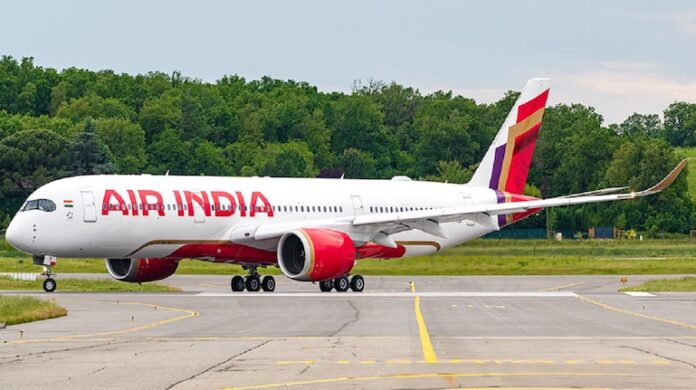Air India Express, the low-cost subsidiary of Air India, has come under regulatory fire after aviation authorities reportedly flagged serious lapses in its aircraft maintenance processes. According to sources within India’s Directorate General of Civil Aviation (DGCA), the airline was issued multiple warnings over delays in addressing critical engine issues in its Airbus fleet and, more alarmingly, over suspected falsification of maintenance records.
The revelations have raised grave concerns about operational transparency and passenger safety standards at one of India’s major carriers.
Repeated Delays in Engine Component Fixes
The trouble centers around the Airbus A320neo fleet operated by Air India Express, which uses Pratt & Whitney’s geared turbofan engines. Regulators allege that the airline repeatedly failed to meet deadlines for replacing known faulty components despite having been issued notices by the DGCA in the past year.
These components, including high-pressure turbine blades and oil sealing systems, had been part of global safety advisories issued by engine manufacturers and aviation watchdogs. The delays in addressing these warnings may have compromised the airworthiness of several aircraft, according to preliminary regulatory findings.
DGCA officials confirmed that some aircraft had continued operations well past their approved maintenance windows.
Allegations of Forged Maintenance Records
In a more serious development, aviation regulators suspect that some engine servicing and maintenance records submitted by Air India Express may have been forged or backdated to present a false picture of compliance.
An internal audit reportedly uncovered discrepancies between logbook entries and actual repair or inspection dates, prompting DGCA to initiate a deeper investigation. Sources suggest that certain staff within the airline’s engineering department may have altered documentation under pressure to keep aircraft flying despite outstanding technical issues.
If confirmed, such actions would constitute a direct violation of Indian aviation regulations and global maintenance protocols, potentially inviting criminal proceedings or license suspensions.
Air India Express Response
Air India Express has acknowledged the regulatory communication and stated that it is cooperating fully with the inquiry. In a brief statement, a company spokesperson said:
“We take safety and regulatory compliance very seriously. All issues raised by the authorities are being addressed with utmost priority, and internal reviews are underway. We are committed to upholding the highest standards of operational integrity.”
While the airline has not yet commented on the allegations of record forgery, insiders indicate that multiple engineers and technicians have been suspended pending the outcome of the DGCA probe.
Aviation Industry Reactions
Aviation experts and former regulatory officials have expressed alarm at the developments. Given India’s rapid aviation growth, any erosion of safety compliance could have broader ramifications. Former DGCA officials stressed that “forged records are not just violations—they are dangerous precedents.”
They added that the regulator must send a strong message by ensuring accountability and enforcing penalties where due.
The Indian aviation sector, still recovering from the COVID-19 disruption and grappling with aircraft shortages due to global supply chain delays, cannot afford further trust erosion in airline reliability.
Potential Repercussions
If the allegations are substantiated, Air India Express could face heavy penalties, operational restrictions, or mandated aircraft groundings. DGCA could also initiate audits of other airlines’ maintenance records to ensure that such lapses are not systemic across the industry.
International aviation bodies such as the FAA and EASA may also take note of India’s enforcement actions, given the implications for global aviation standards.
The warning to Air India Express over engine maintenance delays and suspected falsification of records is a serious moment for Indian aviation oversight. With public safety at stake, regulators are expected to act decisively. For Air India Express and its parent group Tata Sons, the situation presents both a reputational challenge and an urgent call to reinforce engineering compliance and internal accountability.



